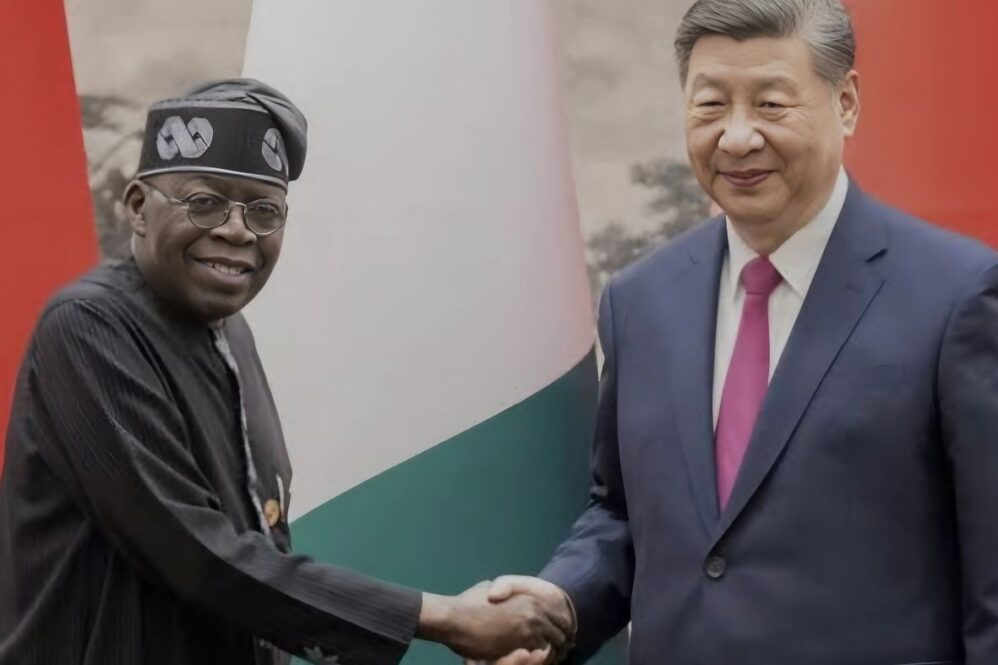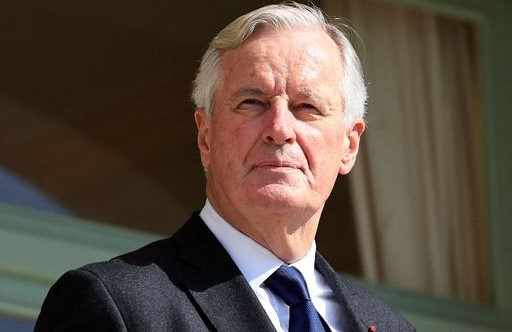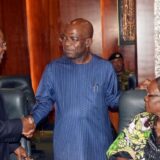In a bid to bolster economic cooperation and trade relations, Nigerian President Bola Tinubu has urged China to expand the current currency swap arrangements between the two countries. This strategic move aims to fortify bilateral ties and elevate the economic partnership to new heights
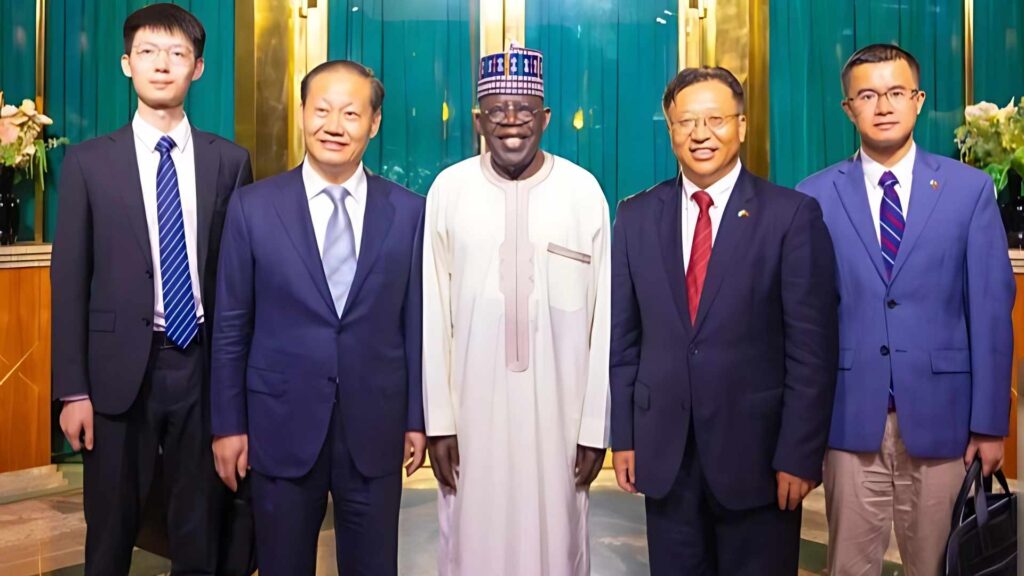
Current State of Nigeria-China Trade
Nigeria and China have cultivated a robust trade relationship over the years. China has emerged as one of Nigeria’s primary trading partners. The trade volume between these nations reaches billions of dollars annually, underscoring the significance of their economic ties. Recently, both countries renewed their currency swap agreement, valued at 15 billion yuan (approximately $2 billion). This renewal aims to stimulate trade and investment opportunities. During a meeting with China’s Foreign Minister, Wang Yi, President Tinubu emphasized the importance of enhancing the currency swap level. He stated that this increment would accelerate infrastructural development in Nigeria and deepen strategic bilateral relations
Challenges of Transitioning to Currency Exchanges
Transitioning to a currency swap deal presents challenges. One primary hurdle lies in reconciling the differing economic systems and monetary policies of Nigeria and China. These disparities can complicate seamless implementation. They require careful negotiation and mutual understanding. Nevertheless, both nations are committed to overcoming these obstacles
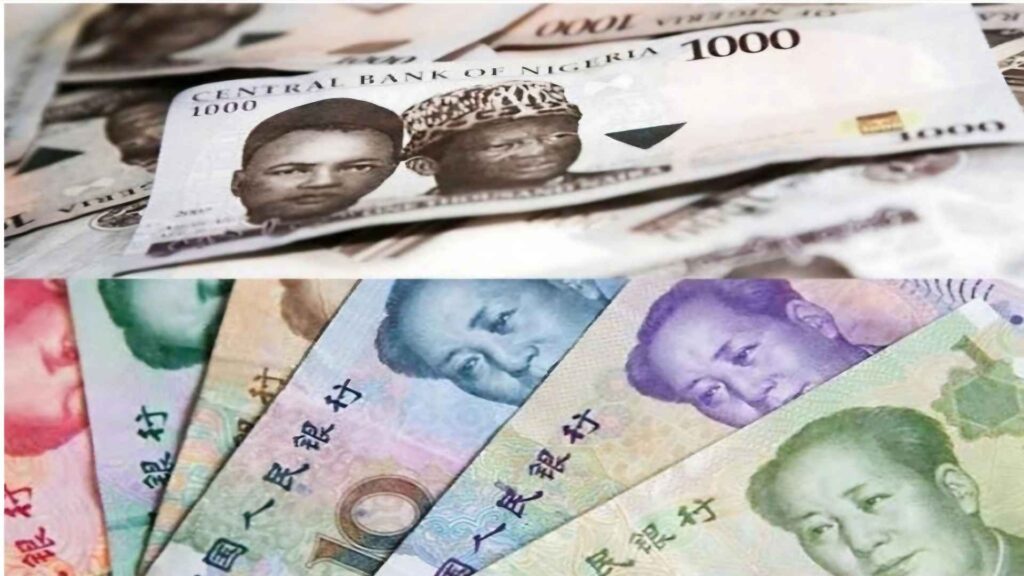
Emerging Benefits of the Currency Swap Deal
Despite challenges, the currency swap deal is expected to boost trade between Nigeria and China. It facilitates the exchange of local currencies, reducing dependence on third-party currencies such as the US dollar. This arrangement eases trade transactions and lowers costs for businesses on both sides. Moreover, it opens new avenues for investment and economic growth
The Role of Policies and Regulations
Policies and regulations are crucial in fostering the success of currency swap deals globally. Governments must establish an enabling environment that supports these agreements. They must ensure the necessary frameworks and legal structures are in place. President Tinubu has highlighted the need for a review of the $50 billion pledged by China to support Africa. He argues for a more substantial commitment to meet the continent’s infrastructural demands
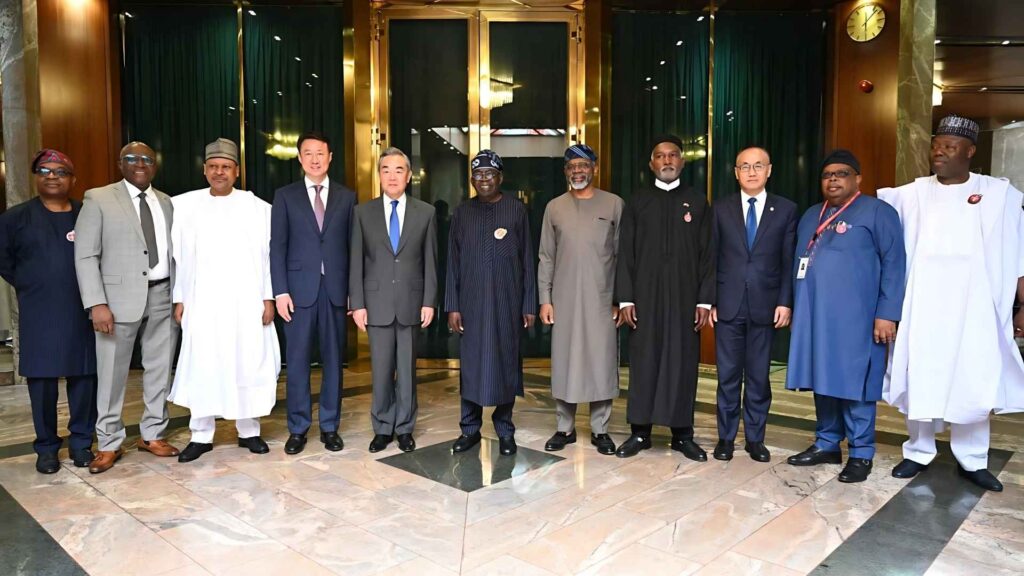
Successful Currency Swap Initiatives
Several countries have demonstrated the success of currency swap initiatives. For example, China has established currency swap agreements with nations like South Africa and Brazil. These agreements enhance trade relations and economic stability. President Tinubu’s initiative to appoint a Director General and Global Liaison for the Nigeria-China Strategic Partnership reflects a proactive approach. It aims to implement Memorandums of Understanding (MOUs) that advance Nigeria’s economic development
In conclusion, President Tinubu’s request for an increased currency swap deal with China represents a strategic step. It strengthens Nigeria-China trade relations. By overcoming existing challenges and leveraging policy frameworks, this initiative promises to boost trade and foster economic cooperation between the two nations. As both countries continue to navigate this partnership, the potential for mutual growth and development appears promising.


